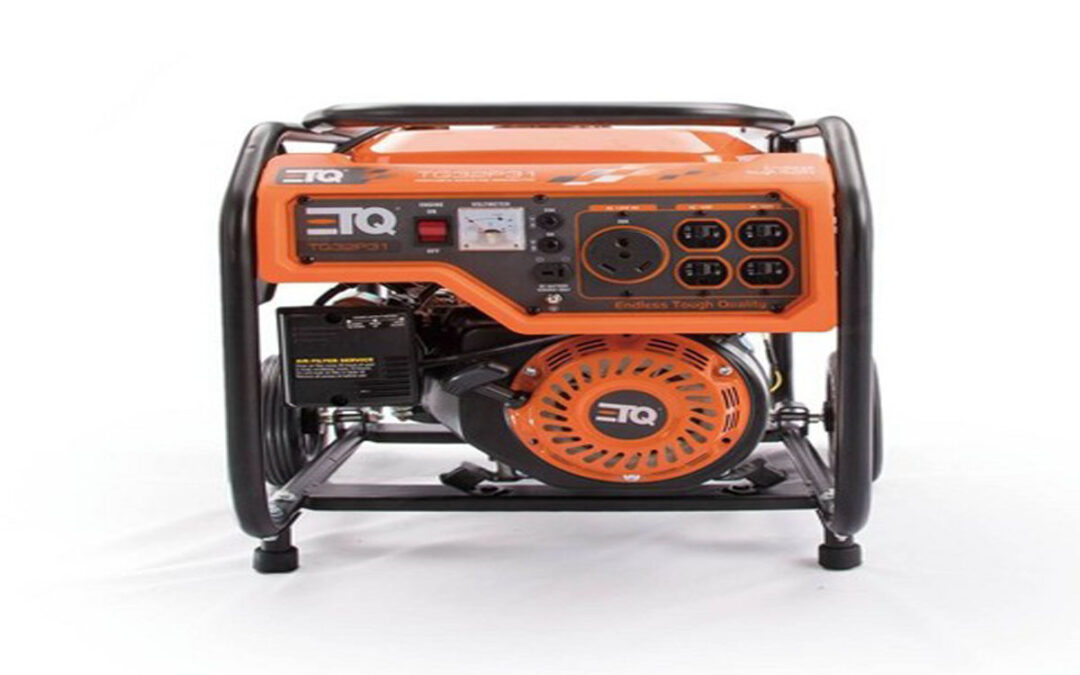- Use heavy-duty, outdoor-rated extension cords. Make sure extension cords are free of cuts or tears and the plug has three prongs. Overloaded cords can cause fires or equipment damage.
- Turn off the power at the main circuit breaker before you connect any appliances to the generator. Keep it turned off while the generator is in operation.
- Turn off all equipment powered by the generator before shutting it down.
- Read and adhere to the manufacturer’s instructions for safe operation. Never cut corners when it comes to safety.
- Never use a generator in doors or in attached garages. Doing so can result in carbon monoxide poisoning. Only use generators in a well ventilated, dry area.
- Never fuel a generator while it is operating.
- Never connect a generator directly to your home’s wiring unless your home has been wired for generator use. This can cause backfeeding along power lines and electrocute anyone coming in contact with them, including lineworkers making repairs. Have a licensed electrician install the equipment necessary to safely connect emergency generators to your home.
- Keep the generator dry. Operate it on a dry surface under an open structure.
- Always have a fully charged fire extinguisher nearby.
- Always ground the generator in accordance with the manufacturer’s instructions.

